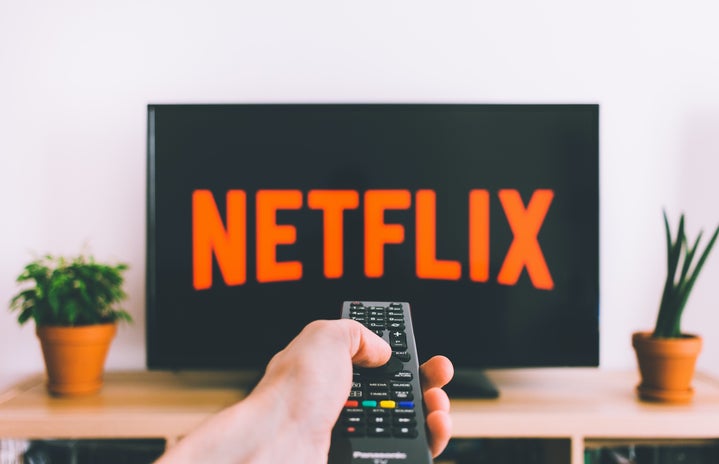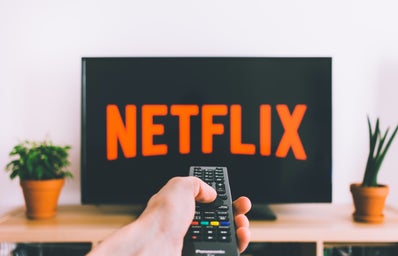As a child, did your parents ever tell you that too much TV will “rot your brain out?” Growing up, we were conditioned to believe that television was a gross waste of time that distracts from more meaningful activities like homework or reading a book. Despite our parents’ incessant rants about the harmful effects of watching TV, most of us disregarded their advice and developed an endearing relationship with television and streaming services like Netflix, Hulu and Amazon Prime. As students in college during COVID, we have become even more reliant on the entertainment provided by television and media in an effort to remain connected to the world beyond our bedroom walls. But as COVID hopefully dies down and our social lives revive, TV and media seem to function more as a distraction than a connection to the outside world. Therefore, I decided to give up watching TV completely in order to see if doing so would improve my overall productivity as a college student. For this mini-experiment I developed the following hypothesis:
If I abstain from television for a week, then I will be more productive.
For exactly seven days, I did not allow myself to watch television during my free time and even deleted TikTok so that the only forms of media I could access were Instagram, Facebook and Snapchat (which I kept for social purposes). I had high expectations for the outcome of this experiment. I sincerely believed that without the distraction of my TV and TikTok addictions, that all the time once devoted to mindless entertainment would be repurposed for homework and other meaningful tasks. To my great disappointment, however, this was far from the case. I did not merely fail to be more productive than usual, but found myself significantly less motivated than I was prior to my media fast. The time that had once been used to relax with entertainment was now spent in an uncomfortable interim. Many times I would find myself mindlessly scrolling through the same posts on Instagram, staring at my computer screen unable to concentrate on my school work or aimlessly walking around my residential building. I was shocked. The last thing I expected to result from this experiment was a decrease in productivity. Upon discussing this experiment’s disappointing outcome with other college students, I was surprised to find that those who have attempted a similar fast from TV and media experienced results similar to my own.
So why is this? Why was I less productive when I cut out my time-consuming consumption of television and media? The simple answer is that everyone needs a break once in a while. In order to be productive, we must balance work with rest. It just so happens that for our generation, television and media have become the most natural ways in which we achieve this mental reprieve. By disregarding our parents’ warnings against television as children, we allowed ourselves to become accustomed to shows and movies serving as a mental break from the stress of life. According to the results of studies on social media’s impact on the productivity of employees in workplaces, it was found that employees who took short social media breaks throughout the work day were generally more productive than employees who took no breaks at all. Like anything, overindulgence in the consumption of television and media is unhealthy and will harm productivity. However, for those who maintain a healthy balance between rest and work, watching television and using media will actually make you more productive overall. Therefore, it is unwise to deny ourselves those activities which allow us to take a break from the various strains of life. Perhaps a case can be made for the need to recondition ourselves to rest in more classic ways like reading or journaling. However, if television happens to be your preferred method of relaxation, then allowing yourself to take TV breaks should actually aid your overall productivity.
Now excuse me while I take a break from writing this article and watch the newest episode of “WandaVision”!


